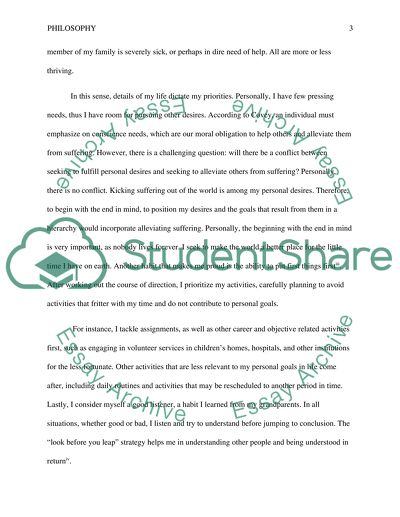Cite this document
(“Increasing Your Personal Effectiveness Research Paper”, n.d.)
Increasing Your Personal Effectiveness Research Paper. Retrieved from https://studentshare.org/psychology/1452469-increasing-you-personal-effectiveness
Increasing Your Personal Effectiveness Research Paper. Retrieved from https://studentshare.org/psychology/1452469-increasing-you-personal-effectiveness
(Increasing Your Personal Effectiveness Research Paper)
Increasing Your Personal Effectiveness Research Paper. https://studentshare.org/psychology/1452469-increasing-you-personal-effectiveness.
Increasing Your Personal Effectiveness Research Paper. https://studentshare.org/psychology/1452469-increasing-you-personal-effectiveness.
“Increasing Your Personal Effectiveness Research Paper”, n.d. https://studentshare.org/psychology/1452469-increasing-you-personal-effectiveness.


